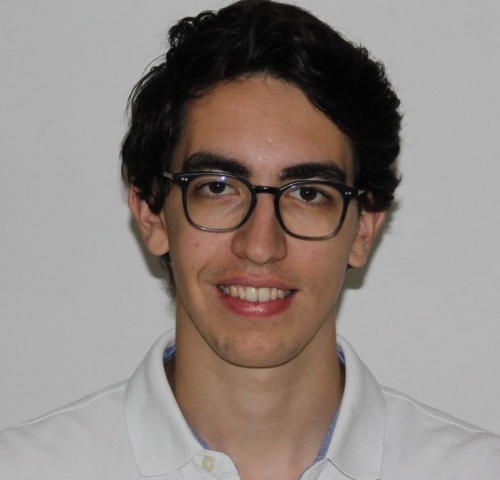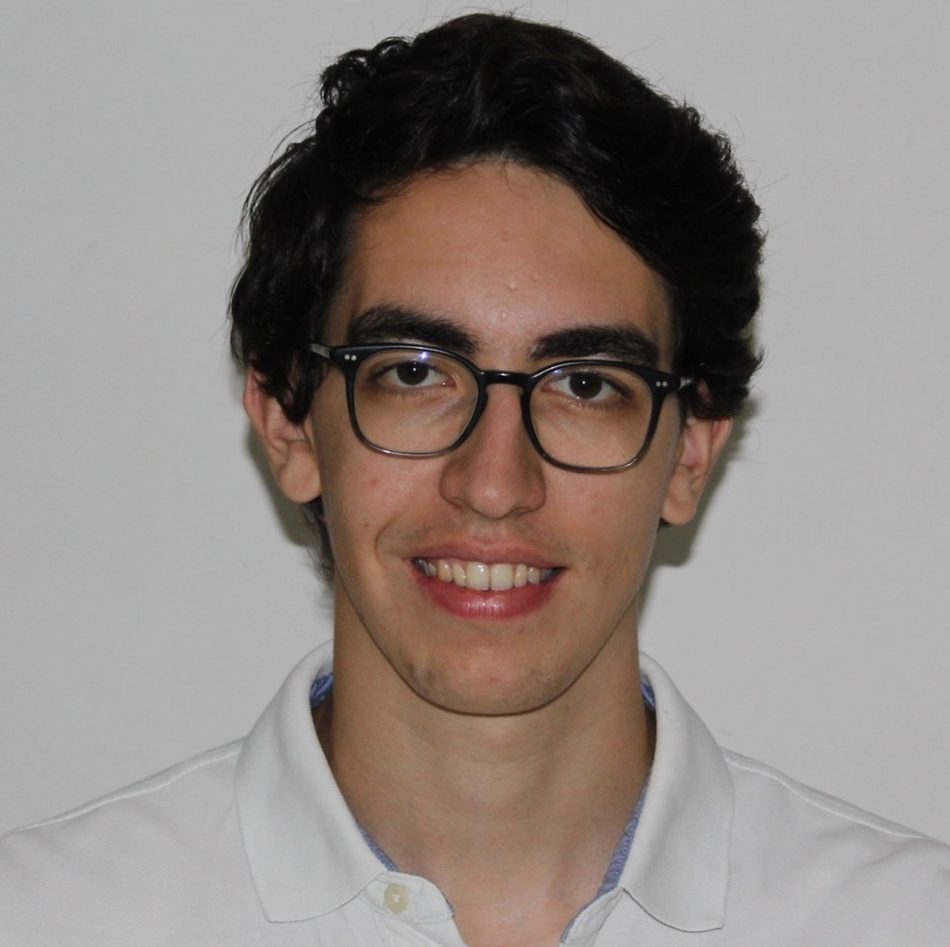
David Bee Olmedo
University of New South Wales, Sydney
I am a final year science honours student majoring in Applied Mathematics with a broad interest in using science for the benefit of our planet. Inquisitive and curious would be two words to describe me, and whilst my official degree is in mathematics I began as a physics undergraduate, which is a love I will never get over. I paired my science degree with a degree in arts majoring in philosophy as I like to learn how others have come to terms with questions that I find myself often having to ignore to be able to focus on other more pertinent matters.
My current goal is to use the technical mathematical skills that I have acquired throughout my undergraduate studies (including during the 2023 AMSI Summer School) to model and solve real-world problems related to climate change, sustainability and resource management. I have a dream of starting my own research and education institution. My hobbies include: short story writing, mountain biking, reading, and photography.
Can you give me a quick rundown about the type of mathematics you are studying and its potential impacts for the broader community?
My honours research involves the study of a particular type of fluid flow, known as Berman flow. The main contribution of my research comes from the new method which we are using with my supervisor to solve the equations involved in modelling this type of flow and its variations. This helps us to better understand the flow itself and the way the fluid would move in real-life scenarios. Some reasons for why we would want to understand such flows are given by the fact that they arise in various medical and engineering applications. These include respiration, blood circulation, gaseous diffusion (for increasing the concentration of a certain chemical), and filtration systems.
How did you get into mathematics/statistics/data science? Was there someone or something that inspired you to this field?
As a child my dad always encouraged my brother and I to explore and have a curious outlook. This sparked a general interest in science and technology from a young age. During my school years I would say that three teachers directly influenced my love of mathematics. One of them was from my days in primary school, who I recall would challenge me with hard (at the time!) numerical pattern solving problems. The other two were my year seven mathematics teacher who first showed me how to solve simple algebraic equations, and my year eleven and twelve mathematics teacher who introduced me to calculus.
You received a Travel Grant to attend AMSI Summer School 2023. How important was this in terms of your ability to attend, fully participate in the program and meet others studying in similar fields?
The travel grant enabled me to attend in-person which consequently enhanced the overall summer school experience. An example of this included being given the chance to present my research in front of a live audience as part of the summer school participant talks. The in-person portion of the summer school was invaluable as it made learning much more enjoyable, not least because it gave me an opportunity to interact with my lecturers and other students more freely in my class. This was highly beneficial in helping me to develop the new ideas learned in class. Also, sharing a common college for accommodation with the other travel grant recipients enabled the development of new friendships and fostered collaborative learning. I’ll fondly remember the talks with other students and lecturers over dinner.
What was the most valuable part of the program for you?
The most valuable part of the program was personal development in terms of daring myself to do something I would normally shy away from. The summer school helped develop my social skills and share my research with students and lecturers from across Australia. The opportunities given during the summer school will remain a pivotal part of my personal and career development for this reason.
In the long-term, what do you think are the benefits of having attended Summer School?
Two main things. Firstly, I met a whole heap of wonderful people who I remain in contact with and will continue to do so. Secondly, the content I learned helped me to level up my mathematical programming skills which I know will be very valuable as I seek out my first job outside of university.
Summer School included a special Careers Day program which aims to help give students an idea of the kinds of career paths available to maths graduates in industry and private sector research areas. Were you previously aware of the types of industry opportunities available to mathematical science graduates?
Before attending the summer school, I was quite aware of the opportunities in industry available for mathematical science graduates. Nonetheless, the Careers Day was able to surprise me about the extent to which such skills are valued in industries even with minimal mathematical focus. It was enlightening to see how valued data science is as well considering I am thinking of doing a masters in it. In terms of my near future, I am almost certain I will go into industry upon completing my degree and I feel that the Careers Day has helped in my search for possible graduate jobs. It also helped me develop my networking skills!
What advice would you give to someone who is considering applying for Summer School in 2024? Should they apply and why?
Go for it! The summer school will challenge you, but at the same time the benefits will be numerous: new friends, new ideas, new discoveries. It will surprise you by showing you what you are capable of. And the mathematics is great, of course!
Where do you want the mathematical sciences to take you? Where do you see yourself in five, ten years’ time?
I want to apply my mathematics to the problems of climate change and resource/waste management. This is not exclusive. I generally want to use what I learn to bring about tangible positive change. I think that data science could enhance my ability to do this. In five years, I hope to have found more of a pragmatic way to achieve this goal, and in ten years I hope to have established an institute of my own involved in education and research in mathematics and physics.

